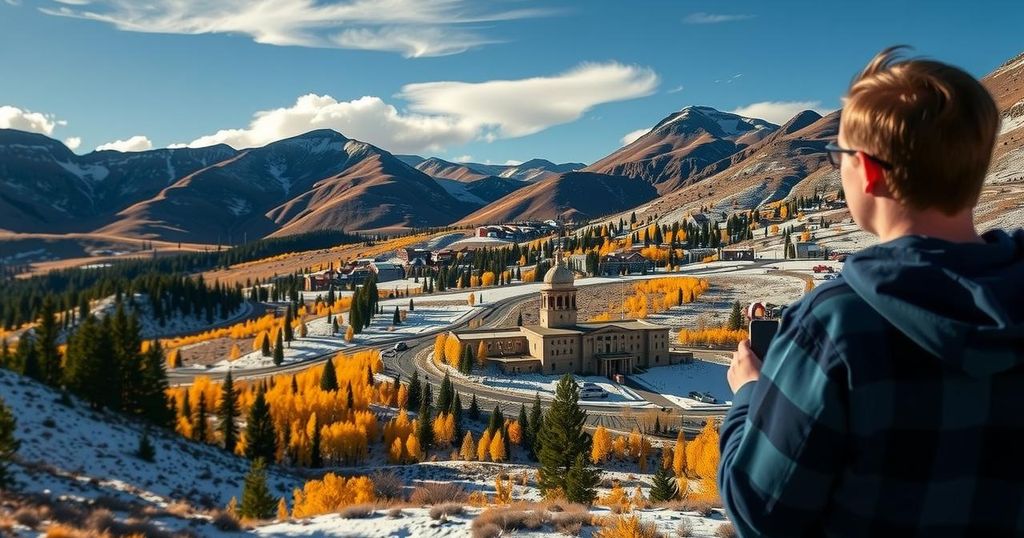A recent Colorado Polling Institute survey reveals optimism among voters leading to the November 5 election, with 77% believing that Coloradans share common values. However, concerns about state direction persist, especially among long-term residents. Key legislative issues identified include health care costs, illegal immigration, and affordable housing, while both major political parties face criticism for being out of touch with voters.
In the lead-up to the November 5 election, a recent poll conducted by the Colorado Polling Institute highlighted a prevailing sense of optimism among Colorado voters regarding their community and the future of the state. The survey, which sampled 822 individuals between October 25 and November 4, revealed that approximately 77% of respondents believe Coloradans share more similarities than differences. Furthermore, 50% of those surveyed feel that Colorado is progressing in the right direction, a slight increase from previous assessments in March.
Interestingly, respondents with over 20 years of residency expressed diminished optimism, with nearly half indicating that the state is on the wrong track. Supporters of President-elect Donald Trump also demonstrated less positivity towards Colorado’s future compared to those backing Vice President Kamala Harris. The survey results also identified three key priorities for upcoming legislative sessions, with health care costs (48%) topping the list, followed closely by illegal immigration (47%) and affordable housing (46%).
Over 90% of participants acknowledged the tangible influence of state legislation on their lives, and Governor Jared Polis received a favorable approval rating from 54% of respondents. Nevertheless, a notable 55% of voters commented that the Democratic Party does not resonate with them, and 66% felt similarly about the Republican Party. Moreover, a significant portion of unaffiliated voters—one-third—expressed the perception that both political parties are disconnected from their needs, with 70% stating that accessing unbiased political information is challenging.
The political landscape in Colorado has proven to be dynamic, with varying sentiments among voters regarding state direction and party representation. Leading up to the November 2023 election, a recent poll sought to capture public opinion concerning community values, political party dynamics, and pressing issues on voters’ minds. Colorado’s political identity has evolved over the years, notably with an increasing number of voters identifying as unaffiliated, which poses challenges for both major political parties to address the needs of this growing demographic.
Overall, the poll indicates a mixed sentiment among Colorado voters as they approach the election, with a majority expressing optimism about their community but highlighting significant issues such as health care costs and immigration as areas requiring attention from lawmakers. The divide between party loyalty and the unaffiliated voter sentiment suggests a complex political environment that both parties must navigate carefully to resonate with their constituents. The findings underline the importance of bridging the gap between political representation and the concerns of voters in Colorado, especially as the landscape continues to evolve with an increasing number of unaffiliated individuals seeking relevant information and representation.
Original Source: www.summitdaily.com






